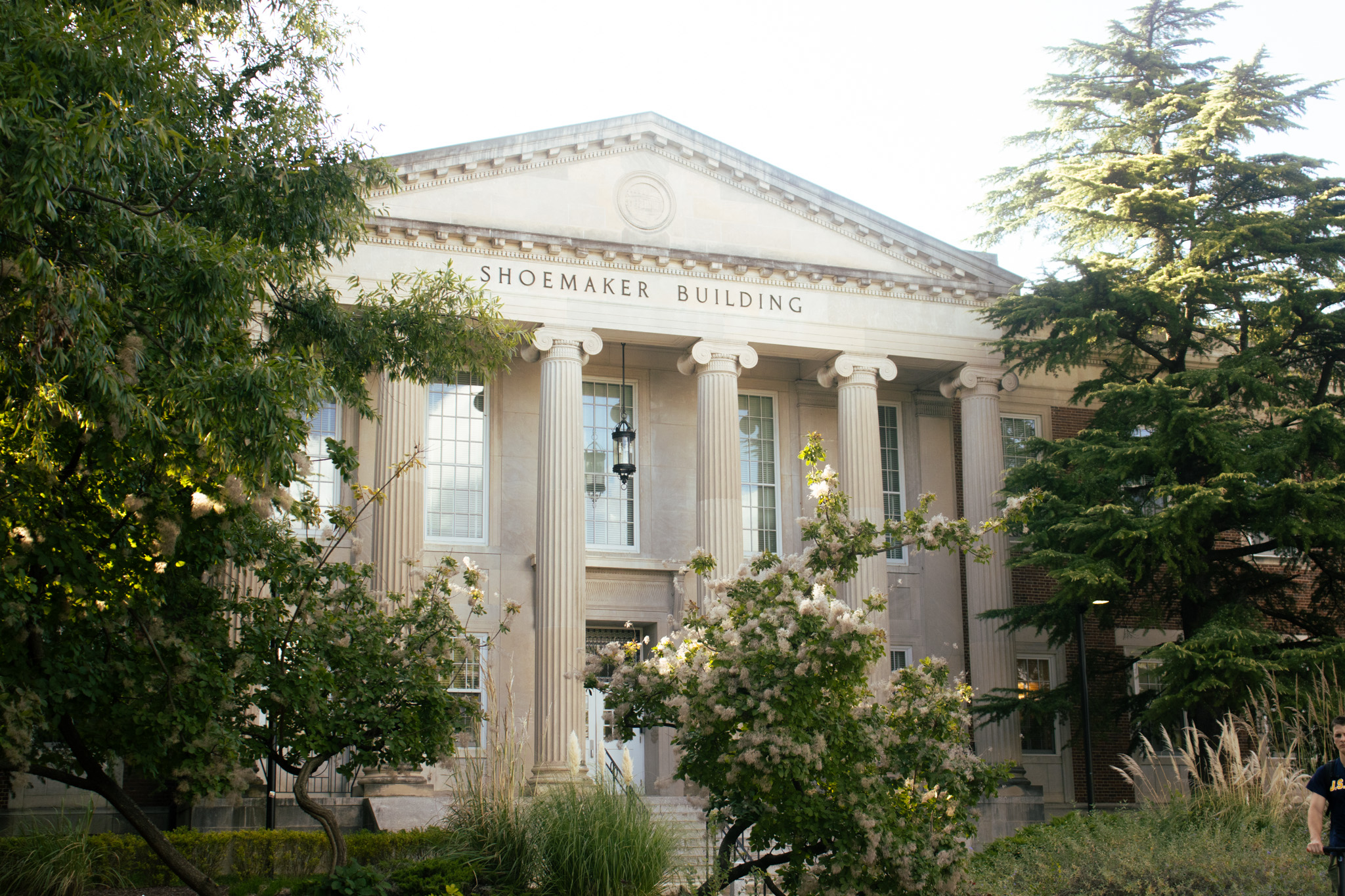The University of Maryland Counseling Center has introduced two new programs to support student mental health this academic year.
The new initiatives include an embedded services program and the Mental Health Emergency Assessment and Response Team, dubbed “MHEART.” The programs are part of a broader effort to refine the counseling center’s processes, according to the center’s director Chetan Joshi.
The embedded services program, which launched in August, integrates counselors within specific colleges and schools across this university, according to AnTanique Buckley, the engineering school’s embedded counselor. The program’s counselors complete initial mental health assessments on a more personal level, Buckley said.
“[The program] also makes it comfortable for the students as well, to know that there’s someone dedicated specifically for them within that environment,” Buckley said. “You understand what their day-to-day looks like, what their courses may look like [and] what’s expected of them.”
The embedded services program is focused on ensuring that students in participating colleges and schools are aware of their assigned counselors, according to Monique McIntyre, the information college’s embedded counselor.
The information college, engineering school, public policy school and journalism college are current participants in the program, Joshi said.
[UMD community honors National Mental Health Awareness Week with series of events]
The counseling center’s other new initiative, the MHEART program, is designed to approach mental health emergencies through a “co-response model,” according to Amy Johnson, the MHEART clinician.
The program aims to address shortfalls in responses to mental health emergencies by police officers, who often approach situations with a law-enforcement perspective, Johnson said. The program aims to “integrate care” for students by facilitating responses by mental health professionals on campus, she added.
“Rather than having two worlds kind of butt up against each other, we’re involving a counselor,” Johnson said. “[Clinicians are] able to de-escalate situations and layer in a professional context.”
According to Johnson, a benefit of this program is the MHEART van, a nondescript white vehicle that fosters a comfortable environment for individuals who need to be transported to a hospital.
“They’re not put in a police cruiser, they’re not handcuffed… we can listen to music, we can have a conversation, we can also have a quiet ride,” Johnson said. “It’s just one more step towards accessibility and inclusion.”
The counseling center now has the funding to expand the MHEART program to four clinicians, which Joshi hopes will be hired by the end of the school year.
These new programs work hand-in-hand with other counseling center initiatives like the care management team, which assesses if a student needs care beyond the center and helps students transition back into an academic environment, Joshi said.
Other counseling center expansions include an increased number of clinicians in the initial access team, which assesses students when they first arrive at the center, Joshi said.
The initial access team, which launched last year, has increased from five clinicians last year to eight clinicians at the start of this semester, Joshi said. The team can now handle 150 intakes per week, compared to the limit of 70 before the program launched, Joshi said.
[Patty Perillo discusses mental health, food insecurity with UMD RHA]
Keegan Clements-Housser, the Graduate Student Government’s operations director, said the counseling center’s ability to provide for graduate students has improved since the COVID-19 pandemic.
Clements-Housser, a journalism studies doctoral candidate, said he may have preferred a more “centralized response” or an addition of general staff and counselors to the center. But because of the “decentralized” nature of this university, embedded counselors were the “next best option,” he said.
“I think graduate students sometimes feel overlooked on a large campus,” McIntyre said. “I have had grad students come up to me and say ‘I’m so glad that you’re here and that you’re also serving us.’”
Moving forward, Joshi hopes to continue expanding these programs, refining the new counseling center process and learning about student needs, he said.
By working with both university leadership and students, the counseling center can “build a mental health care system that is responsive, that is flexible, and that is able to just have a positive impact on students’ life,” Joshi said.



